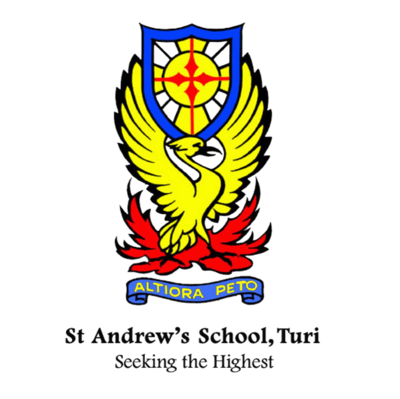ISI Inspection Report - Flipbook - Page 29

Inspection of Educational Quality
11
gathered during the visit supported the view that there was now a greater and more effective focus
on pupils’ individual needs and circumstances. The overwhelming majority of parents in the
questionnaire said that the school successfully met the educational needs of their child.
3.6
Data provided by the school shows that pupils’ attainment is above average for maintained schools in
England in the EYFS and prep school. This is because the robust academic assessment and feedback
procedures help support excellent learning outcomes, which is borne out by the consistently positive
valued added scores achieved by the pupils. There are no significant differences in the progress of
different groups of pupils or between subjects, however progress is less rapid in lessons in which the
recently developed teaching and learning strategies have yet to be fully implemented. Pupils with
SEND and EAL make excellent progress due to interventions that respond to their individual needs.
More able pupils achieve highly because additional challenge is integrated in to most lessons. Across
nearly all subjects and year groups the quality and presentation of pupils’ work is excellent.
3.7
Pupils throughout the school demonstrate high levels of knowledge, understanding and excellent
basic skills. For example in EYFS children were able to develop their scientific curiosity and use
increasingly complex vocabulary when designing and making a space ship. The youngest pupils, the
TuriTots, were able in a physical education (PE) lesson to make discernible progress when tackling
physical skills such as balance and pivot points. This is as a result of well-planned and appropriately
paced lessons, which allow the pupils a degree of independence in their learning. Flexibility within the
planning also enables pupils to follow their interests and strengths including for homework. Lesson
observations confirmed that pupils’ basic skills for learning are excellent across the curriculum
particularly in English, art, music, humanities, science, drama and PE. The pupils of whom the vast
majority are boarders said that their structured and yet varied days allowed them to access a wide
variety of opportunities both academic and extra-curricular and they felt that such opportunities
strongly contributed to their overall success.
3.8
The pupils are highly proficient communicators orally and in writing, as seen in a wide range of lessons,
in which the vast majority of pupils were observed listening respectfully, engaging with their teachers
and with each other and writing highly effectively in most subjects. For example, Year 1 pupils when
discussing a task associated with the war in Ukraine successfully articulated their empathy with
Ukrainian children, and Year 8 pupils successfully used role play to engage in a lively for and against
discussion exploring the trial of Hendrik Verwoerd. A scrutiny of Years 7 and 8 written work showed
improving spelling and grammar, with pupils proactively responding to teachers’ guidance. In parallel
to their excellent command of English, all pupils develop good, and often excellent, fluency and
confidence in Kiswahili and other world languages.
3.9
Pupils achieve high levels of numeracy and apply their mathematical knowledge confidently when
solving problems. Children in the EYFS were seen confidently counting to 20 using beakers of water to
fill a bucket. Year 3 pupils effectively used a range of methods to find the solutions to subtraction
substitution equations, and in doing so choose between number lines and hundred squares to
demonstrate to their teacher their working methods. The pupils’ ability to conceptualise their number
work and apply it to solve problems is excellent due to the teacher’s focus on breaking down their
work into step stages, whilst explaining the methodology as seen in a Year 6 lesson on solving algebraic
equations. Year 7 pupils were observed working both independently and collaboratively to deal with
fractions and percentages thus consolidating their previous learning. A wide range of subjects such as
science, geography and history have developed strong cross-curricular links for maths, ensuring that
numeracy is reinforced and applied in an interesting and stimulating range of academic scenarios.
These include the use of graphs in science, coordinates in geography and shapes and numbers in PE.
These activities succeed in promoting pupil's progress and adaptability in numeracy.
3.10 As pupils progress through the prep school the pupils become increasingly proficient in the use of
information and communication technology (ICT). They use technology effectively for a range of
purposes including taking notes, infographics, research, word processing and data handling. Reception
pupils successfully used phonics to correct a series of short words as they were able to use an internet
© Independent Schools Inspectorate 2022
St Andrew’s School – Turi – Kenya – March 2022